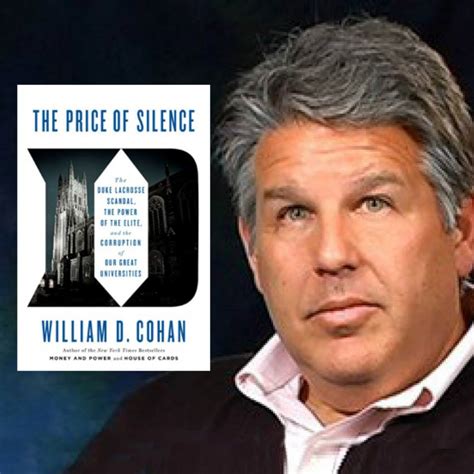A Quote by Emily Oster
If you have a traditional view of economics, you're probably thinking of Ben Bernanke making Fed policy, or the guys creating financial derivatives at Goldman Sachs.
Quote Topics
Related Quotes
Goldman Sachs was fundamentally responsible for the crash of 2008, but by that time its former Chairman and Chief Executive Officer, Henry 'Hank' Paulson, had been installed as US Treasury Secretary to begin the bank bail out policy, with enormous benefit to Goldman Sachs, in the closing weeks of the Bush administration. Goldman Sachs was also instrumental in the collapse of the economy in Greece that started the 'euro panic' that later engulfed Ireland.
Goldman Sachs was one of those companies whose illegal activity helped destroy our economy and ruin the lives of millions of Americans. But this is what a rigged economy and a corrupt campaign finance system and a broken criminal justice is about. These guys are so powerful that not one of the executives on Wall Street has been charged with anything after paying, in this case of Goldman Sachs, a $5 billion fine.
Because I wrote a book about Goldman Sachs. And I know that, from talking to people at Goldman Sachs, that Trump is the poster child for the kind of client they don't want to do business with, mainly because he would borrow all this money from Wall Street to build his casinos, and then didn't pay it back.
In truth, it's not the shareholders of the American International Group who benefited most from its bailout; they were mostly wiped out. The great beneficiaries have been the creditors and counterparties at the other end of A.I.G.'s derivatives deals - firms like Goldman Sachs, Merrill Lynch, Deutsche Bank, Societe Generale, Barclays and UBS.
During the Greenspan-Bernanke era, the Fed has embraced the view that stability in the economy and stability in prices are mutually consistent. As long as inflation remains at or below its target level, the Fed's modus operandi is to panic at the sight of real or perceived economic trouble and provide emergency relief.
There is a big divergence between views on a variety of policy issues from fiscal stimulus to financial regulation. It's my hope and my ambition for the economics profession that as we advance our knowledge, that those discussions will narrow in their focus, and that it will help to have more prudent policy-making down the road.
Mysterious can be cool, if you're in Hollywood and everyone's happy. But it can be really bad if people perceive that the financial interests are adversarial, that there's money versus people. A lot of Goldman Sachs people went into government, so at a time when there's a distrust of institutions, some of that reflects on us.
Hank Paulson, obviously, had spent his career on Wall Street, had a deep knowledge of the Street, and also was a very forceful personality, had a very good relationship with the president, and was in a very different place, for example, than Ben Bernanke, who is an academic, quiet guy: spent most of his time thinking about monetary policy.
From the 1990s onward, the financial sector created a vast array of instruments designed to separate investors from their money, financial derivatives of an ever-increasing level of complexity. At some point, this complexity reached a point where even the creators of the derivatives themselves didn't understand them.
If you go back to Adam Smith, you find the idea that markets and market forces operate as an invisible hand. This is the traditional laissez-faire market idea. But today, when economics is increasingly defined as the science of incentive, it becomes clear that the use of incentives involves quite active intervention, either by an economist or a policy maker, in using financial inducements to motivate behavior. In fact, so much though that we now almost take for granted that incentives are central to the subject of economics.




































